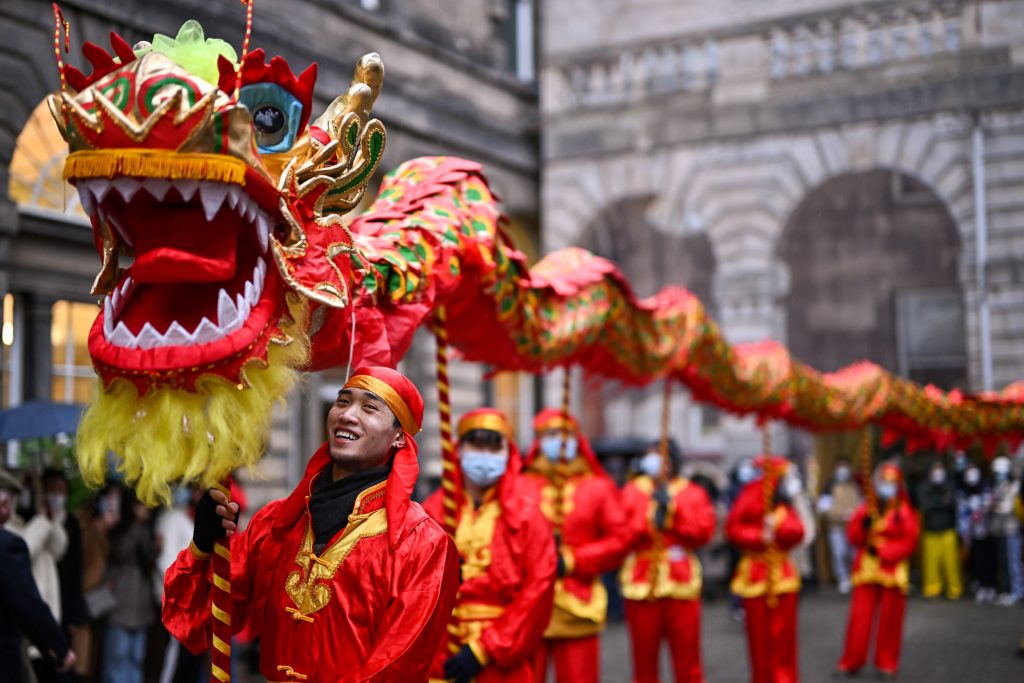
The Chinese New Year, also known as the Spring Festival, is a traditional holiday that is widely celebrated in many countries across Asia. It typically falls between mid-January and mid-February and is marked by a series of festive activities and rituals. For investors, the Chinese New Year can be an important time to take stock of the financial markets, especially the stock market.
The stock market typically performs differently during the Chinese New Year, with a range of factors affecting its performance. Here are some of the key factors that can influence the stock market during this time:
- Market volatility: The Chinese New Year holiday typically lasts for around a week, during which time many investors take time off work to celebrate with their families. This can lead to lower trading volumes and increased market volatility, as fewer participants are active in the market. This can lead to larger-than-normal swings in stock prices, as there are fewer buyers and sellers to stabilize the market.
- Economic data releases: The Chinese New Year often coincides with the release of key economic data, such as GDP, trade balance, and inflation figures. These releases can have a significant impact on the stock market, as investors digest the latest information on the state of the economy and adjust their positions accordingly.
- Sector-specific trends: Some sectors may see a boost in performance during the Chinese New Year, while others may experience a downturn. For example, consumer and travel-related stocks may see a surge in demand during the holiday period, as many people travel and spend money on gifts and festivities. Conversely, sectors such as energy and commodities may see a slowdown in demand during this time, as factories and businesses close for the holiday.
Overall, the Chinese New Year can be a challenging time for investors, as the stock market can be more unpredictable and volatile than usual. However, it can also provide opportunities for savvy investors who are able to navigate these fluctuations and identify potential investment opportunities.
One important consideration for investors is to ensure that they have a diversified portfolio that is not overly exposed to any single sector or region. This can help to minimize the impact of any sudden swings in the market and provide a more stable return on investment over the long term.
Another important strategy for investors is to stay informed about the latest economic and market developments, especially during the Chinese New Year period. By keeping abreast of the latest news and data releases, investors can adjust their positions accordingly and take advantage of any potential opportunities that arise.
In conclusion, the Chinese New Year can be a challenging time for investors, but it can also provide opportunities for those who are able to navigate the market fluctuations and stay informed about the latest developments. By taking a cautious and strategic approach, investors can position themselves for long-term success in the stock market.


